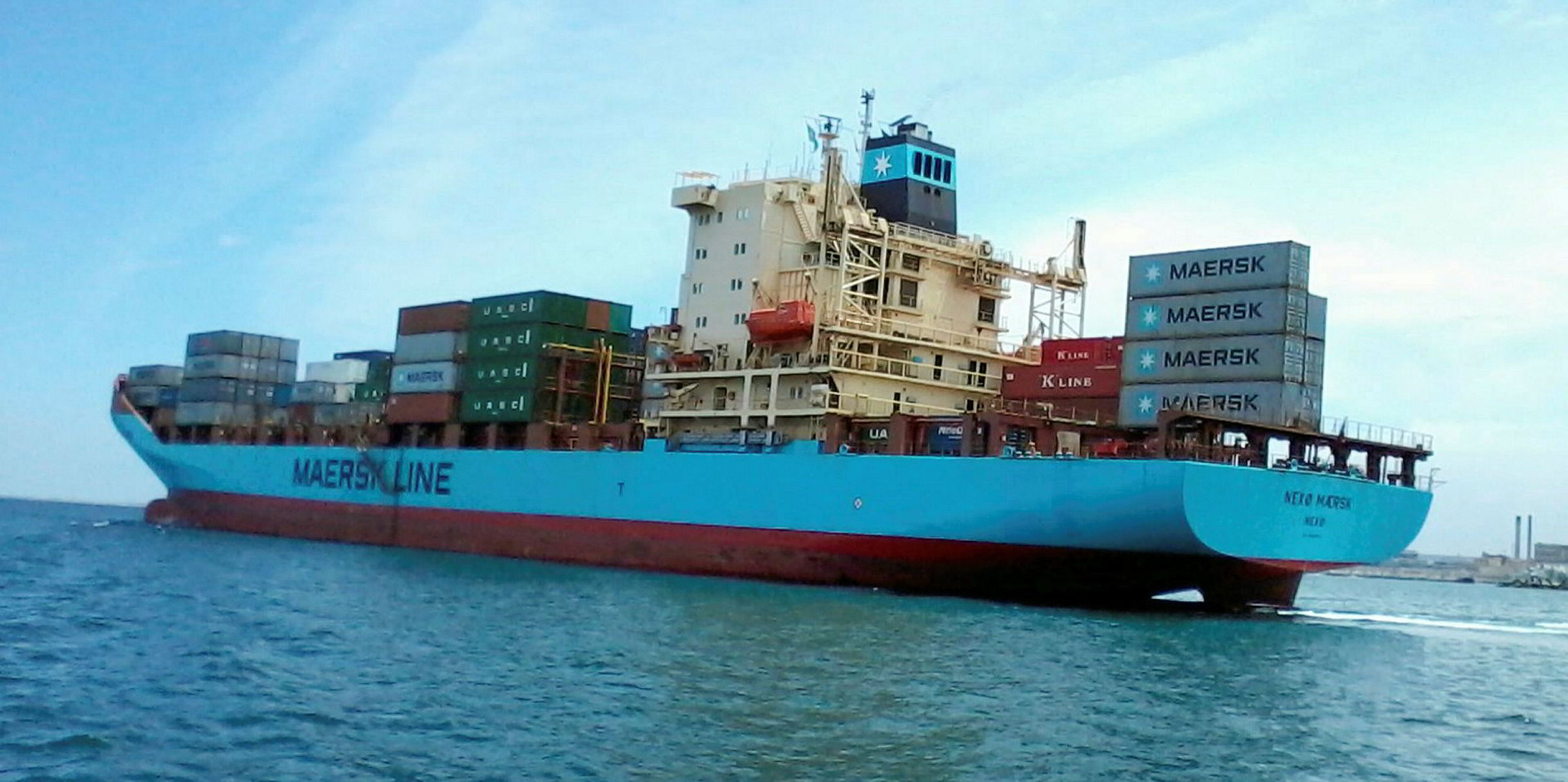MPC Container Ships (MPCC) is positioned to benefit from a tightening feedership market in the second half of 2019 and in 2020, chief executive Constantin Baack says.
He expects the feeder containership market to be buoyed by healthy demand and limited supply, despite the uncertainty caused by escalating trade tensions between the US and China.
The Oslo-listed tonnage provider is opting to fix most of its feederships on short-term charters so they can benefit from an expected market recovery in the next six months.
MPCC fixed around 50 of its owned fleet of 69 containerships, ranging from 966 teu to 2,846 teu, in the first quarter.
“The high turnover of ships was intentional,” Baack told an earnings conference call on Monday.
“We didn't want to be locked into charters where we had to have very flexible redelivery windows, but rather kept charters short in order to then be able to benefit from a market recovery, which we anticipate for the second half of 2019.”
The optimistic tone was struck despite MPCC notching up its second consecutive quarterly loss, a $7.7m net loss for the first three months of the year.
That compares with a small profit in the same period last year, and a loss of $5.1m in the last quarter of 2018.
Clarksons Platou Securities described the figures as “in line with expectations”. It maintained a "buy" recommendation on the stock, which languished at NOK 29 ($3.30), down 43% on NOK 51 last August.
The MPCC fleet has a low cash break-even of $7,000 per day, below current feedership spot rates of $8,300 to $9,000 per day, the analyst said.
MPCC was established two years ago on the back of an envisaged three to five-year recovery period for the feeder container segment.
Baack believes that pending recovery will be fuelled by supply-side constraints. He said the global containership fleet will increase by just 2.7% this year, the lowest level in more than a decade.
He expects IMO 2020 will tighten capacity further, through slow-steaming, scrubber retrofitting, tank-cleaning and phasing vessels into and out of certain services.
The idle fleet for feederships has halved to 75 ships from February to April, its steepest drop in the past five years, Baack added.





